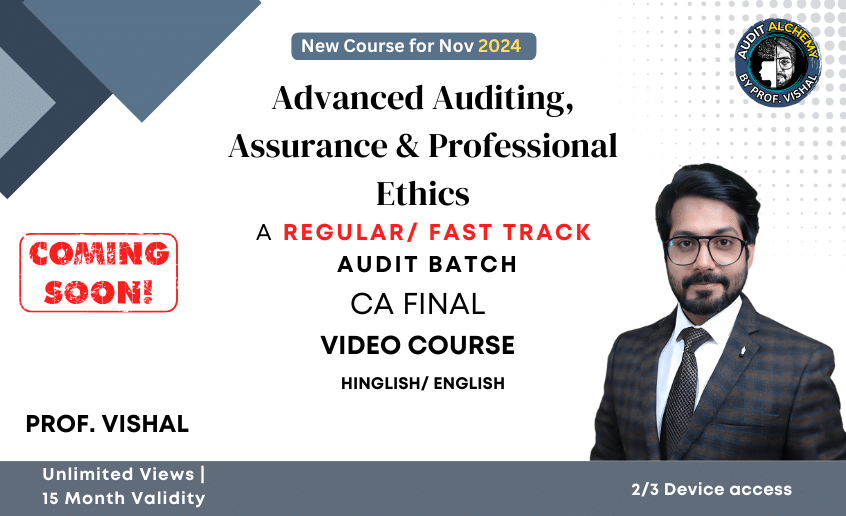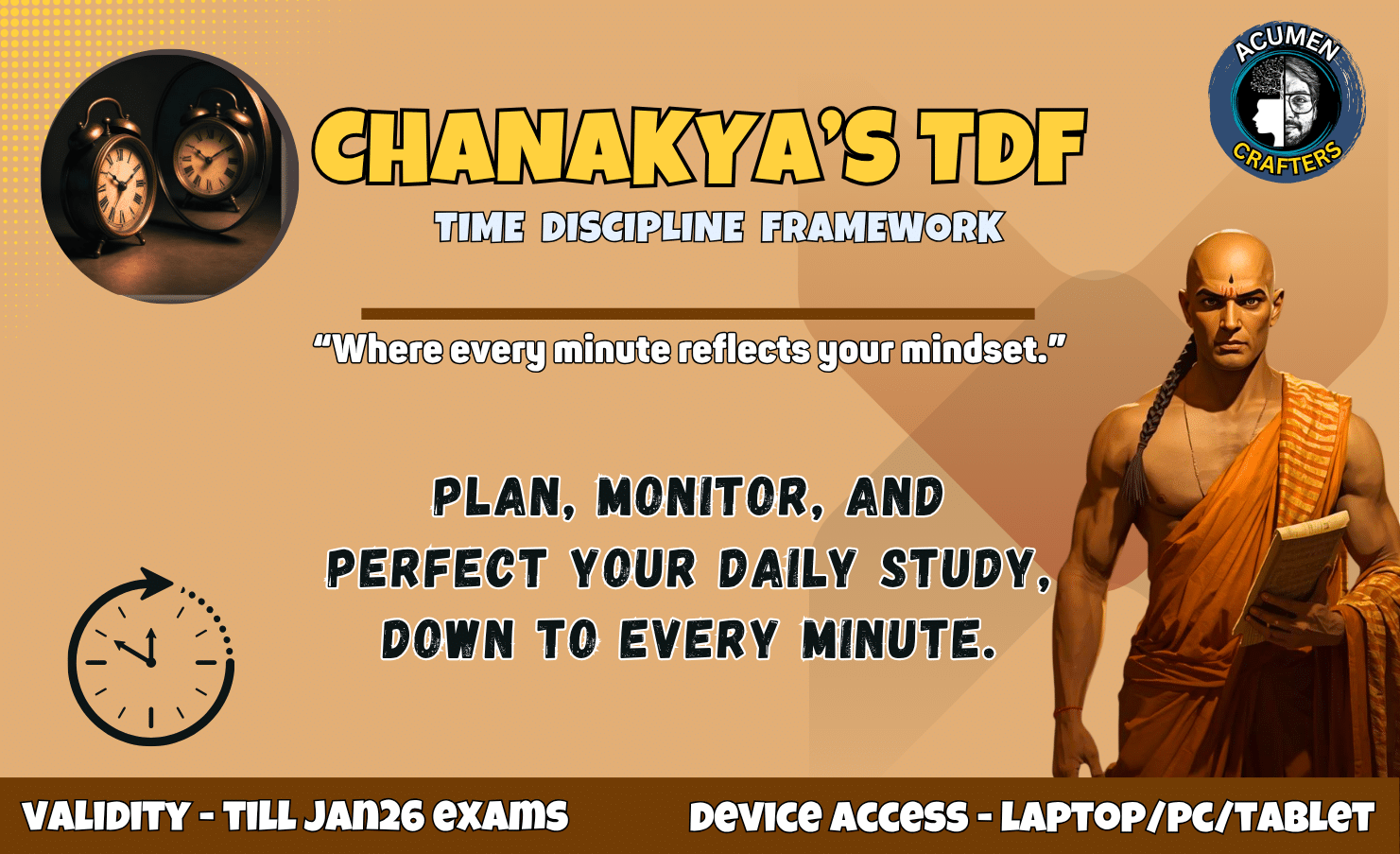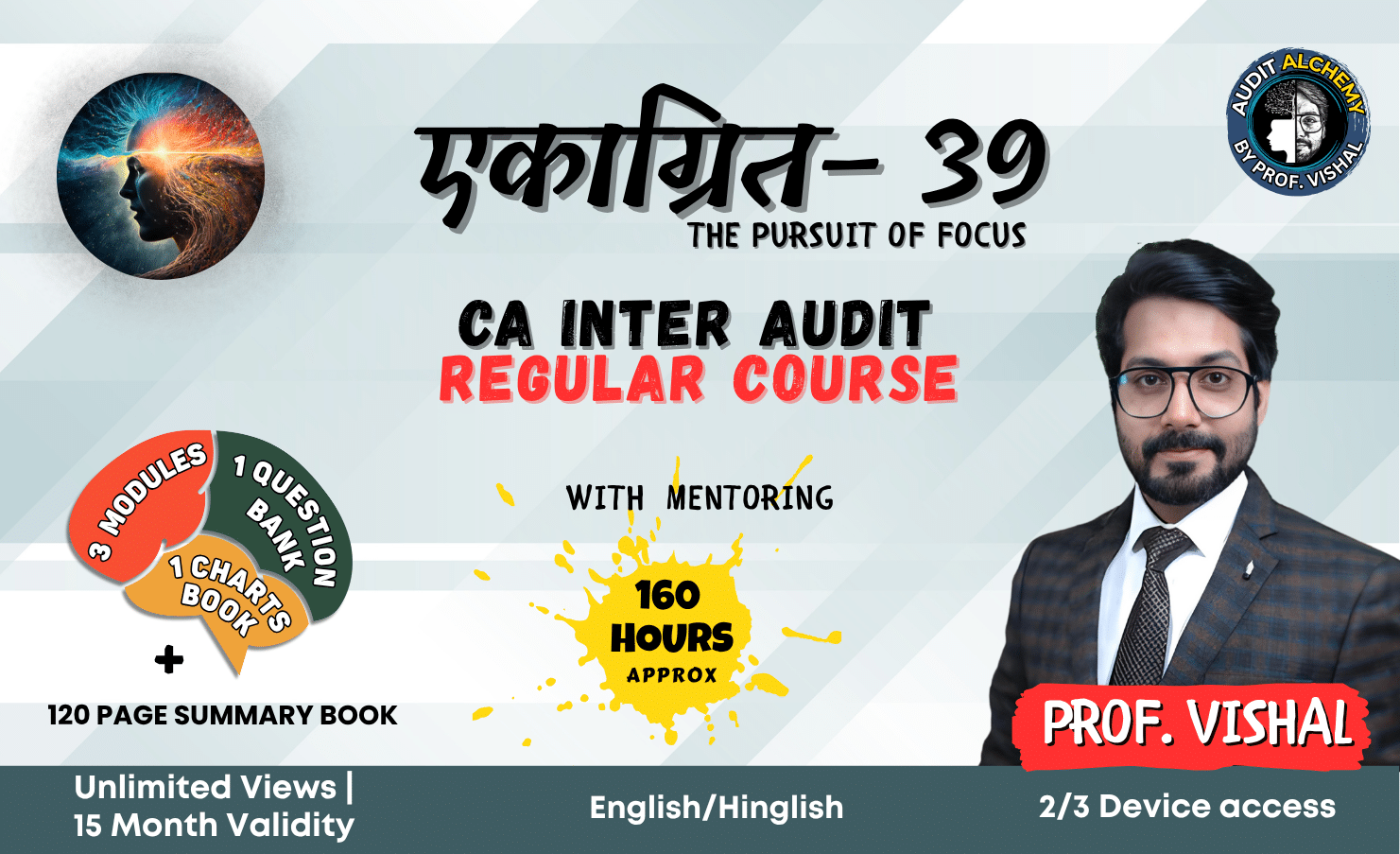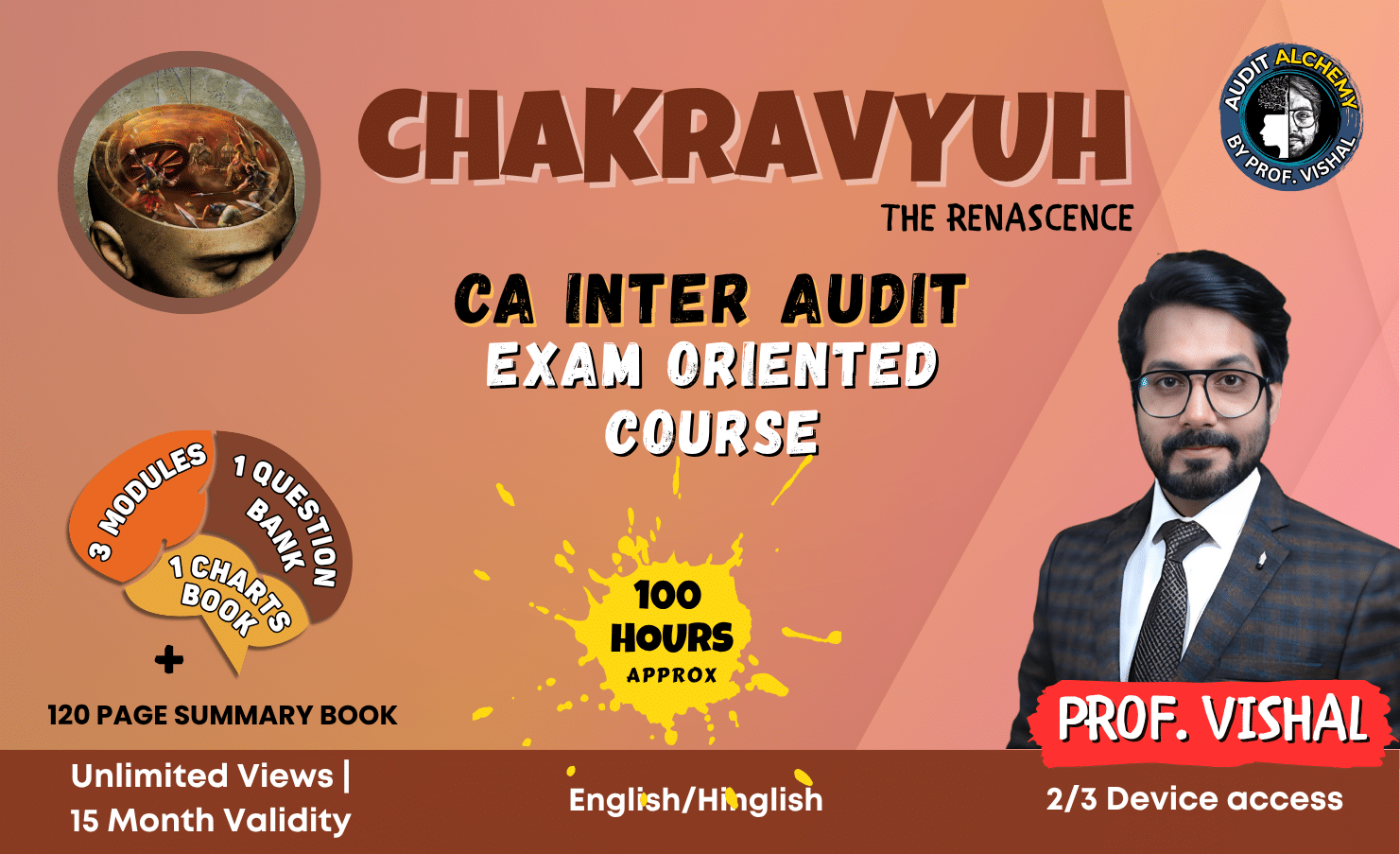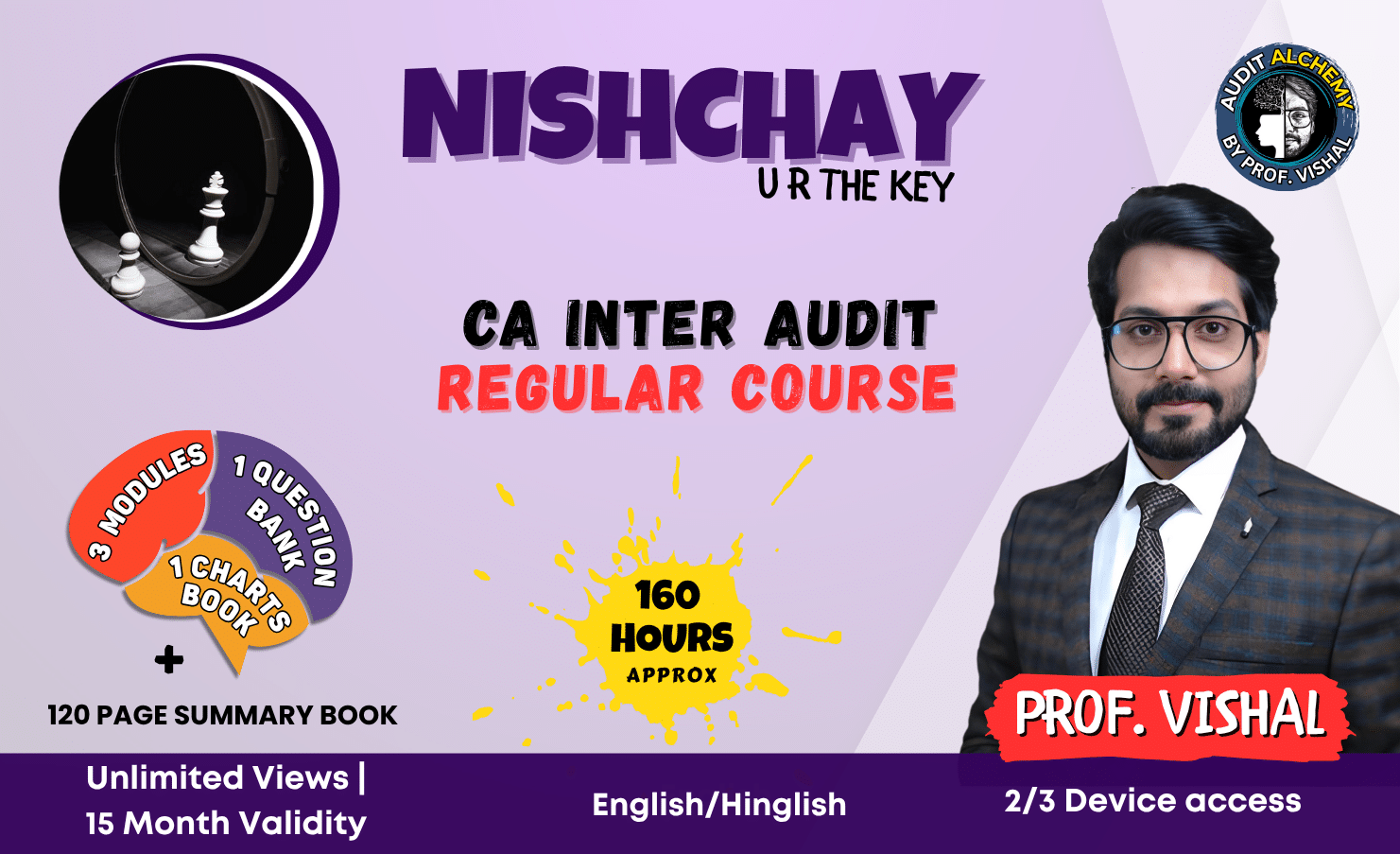You’re undoubtedly determined to excel in your studies, whether it’s the high expectations of your parents or your personal commitment to academic excellence that drives you. However, the persistent distractions can be a formidable obstacle.
In your quest for a focused mindset, establishing a structured study routine, and selecting an ideal study environment, you can effectively eliminate controllable distractions and minimize those that can’t be entirely avoided.
Method 1: Techniques for Enhanced Focus
A. Conquer Distractions Strategically:
Imagine you’re in the library, trying to concentrate, but someone nearby is constantly texting. Acknowledge this specific distraction and make a conscious effort to overcome it. Each time it reoccurs, redirect your attention away from it. Over time, you’ll find that it no longer disrupts your focus.
B. Take a Brief “Worry Break”:
In our busy lives, it’s common to get side-tracked by thoughts about various responsibilities. Instead of ignoring these concerns, give yourself a brief outlet. Dedicate 5 minutes to ponder everything on your plate, then refocus on your main task: studying.
C. Set Clear Study Goals:
When preparing for an exam, it’s easy to feel overwhelmed by the volume of material. Break it down and establish a single primary goal, making your study sessions more manageable and less prone to distractions. For instance, if you have a biology exam covering multiple chapters, begin by focusing on the challenging parts, such as the Krebs cycle, and consider creating helpful notes and flashcards.
D. Digital Detox:
Electronic devices like phones, social media, and notifications can be major distractions. Take control by turning off notifications or using the “Do Not Disturb” mode. If necessary, consider using apps or browser plugins to block distracting websites or social media platforms. For best results, place your phone in another room during study sessions.
E. Align with Your Energy Levels:
Tackle challenging or less enjoyable tasks when your energy levels are at their peak at the start of your study session. Reserve easier tasks for later to maintain sharp focus when it matters most.
F. Refresh with Short Breaks:
Contrary to intuition, taking occasional short breaks can enhance productivity. Step away from your studies for about 5 minutes every hour, engaging in light physical activity like a brief walk to recharge your focus.
G. Avoid Multitasking:
Attempting to juggle multiple tasks at once can diminish your focus. Concentrate on one task at a time to maintain optimal concentration.
H. Practice “Be Here Now”:
When your attention starts to wander, remind yourself to “be here now.” Consistent application of this technique gradually reduces distractions over time.
Method 2: Optimizing Your Study Schedule
A. Establish a Study Routine:
Managing multiple subjects or courses can seem daunting. Create a study schedule with specific time slots for each subject to make your workload more manageable. Be flexible when needed.
B. Rotate Subjects:
Maintain focus and energy by changing subjects every two hours. Switching topics prevents boredom and fatigue, helping you stay engaged and productive.
C. Distractions as Rewards:
Rather than fighting distractions, use them as incentives to motivate yourself during study sessions. For example, promise yourself a reward, like watching funny cat videos, after successfully studying Geometry for an hour without distractions.
Method 3: Crafting Your Ideal Study Environment
A. Choose an Inspiring Location:
Select a study environment that motivates you. Whether it’s the quiet seriousness of a library or the comfort of a local café, the right atmosphere can boost your focus.
B. Signal Your Intent at Home:
If you study at home, use a sign on your door to alert others that you’re in a study session. Communicate your study times to friends and request that they avoid interrupting you during those periods.
C. Music for Focus:
While the effectiveness of music for studying varies, some find it helpful. If you choose to listen to music, keep it at a low volume and opt for instrumental tracks to minimize distractions. Alternatively, consider “white noise” tracks for background ambiance.
By following these strategies, you can transform your study sessions into focused and productive endeavors, achieving your academic goals while keeping distractions at bay.




